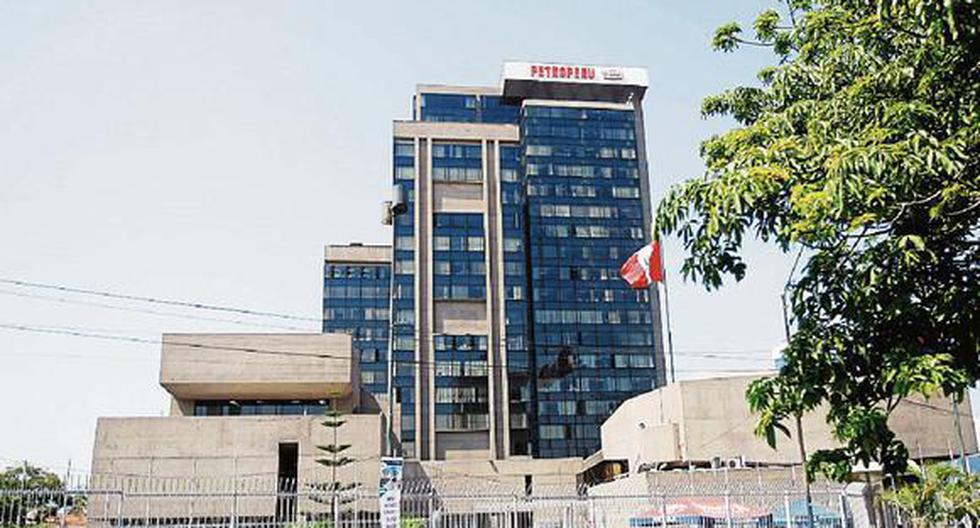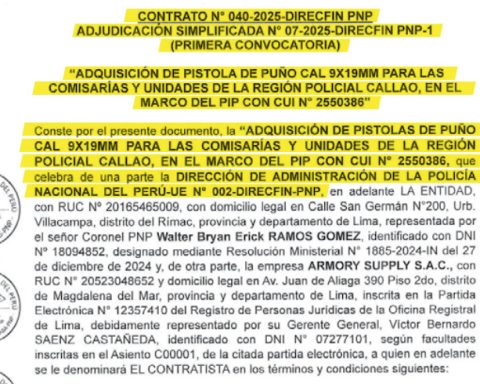By Taxpayers Association
The state companies of the military governments of Velasco and Morales Bermúdez generated losses to the Peruvian State for more than US$2,500 million. The current value of these losses would be US$18.78 billion, and this is almost 85% of the entire budget that the health sector had in 2021.
About 175 companies were created at that time, most after expropriations and attacks on private property. Thanks to these nationalizations, the state payroll in the 1970s grew by up to 83%. This figure seems very serious, but today it rose by 60% and continues to rise, while public investment falls every month.
State companies hardly ever work in countries like ours for five reasons: i) they are managed by politicians and not by experienced professional managers; ii) if they lose, they are subsidized by the State itself and therefore never have incentives to grow, given that the stability of their officials is guaranteed; iii) over time the innovation and competitiveness gap between the private and state sectors widens and state companies cannot compete; iv) they end up suffering from all the bureaucratic, political, corruption and mismanagement problems of public entities; and v) finally, they depend on the ‘value’ of the government in power and if investors wanted to ally themselves or invest, they would evaluate who is in power.
The clearest expression of all these vices is the crisis that today surrounds Petroperuwhich was always –according to various analysts and specialists– the petty cash of the current government, and whose acquisitions area is not without questions and complaints about its purchases and contracts.
The serious financial and institutional crisis in which Petroperú is plunged does not end with the departure of the general management of Hugo Chávez Arévalo, who left office after five months of questionable management, marked by corruption scandals and mismanagement. In his place, he put a man he trusted: Jesús de la Torre, who had been working as corporate finance manager.
The problem is not only that De la Torre is part of a questioned and delegitimized administration, but also that he was directly responsible for the failed audit with PricewaterhouseCoopers (PwC), according to a notarial letter dated March 8 – to which the Peruvian Taxpayers Association had access to, which this international company sent to the state oil company, in which it details the reasons why it refused to review Petroperú’s 2021 financial statements.
Among other aspects, PwC specifies that Petroperú wanted to include in the audit contract a confidentiality clause for an undetermined period, whose author would have been Jesús de la Torre, as Finance Manager, despite the fact that in all the previous years in which they audited the finances of the state oil company, the term of confidentiality was two years.
The change of the entire board of directors and the management line is urgent
For Petroperú to emerge from its current crisis, the first thing it must do is rebuild its credibility. The first step is to change the entire top management and management line of the oil company.
The management of the outgoing Hugo Chávez – from which his successor, Jesús de la Torre, comes – is also responsible for the reduction of Petroperú’s credit rating, which has had immediate effects, because national and international banks cut lines of credit for about $1.5 billion.
Petroperú is the clearest sign that the State should not play at being a businessman or manage too much money without transparency, control and accountability systems. May their precarious situation and what it will cost us taxpayers serve as a lesson for us when, in the next elections, another group of candidates once again sells us stories such as “nationalizing resources”, “nationalizing companies”, “recovering sovereignty national”, or so many other absurd promises.

















